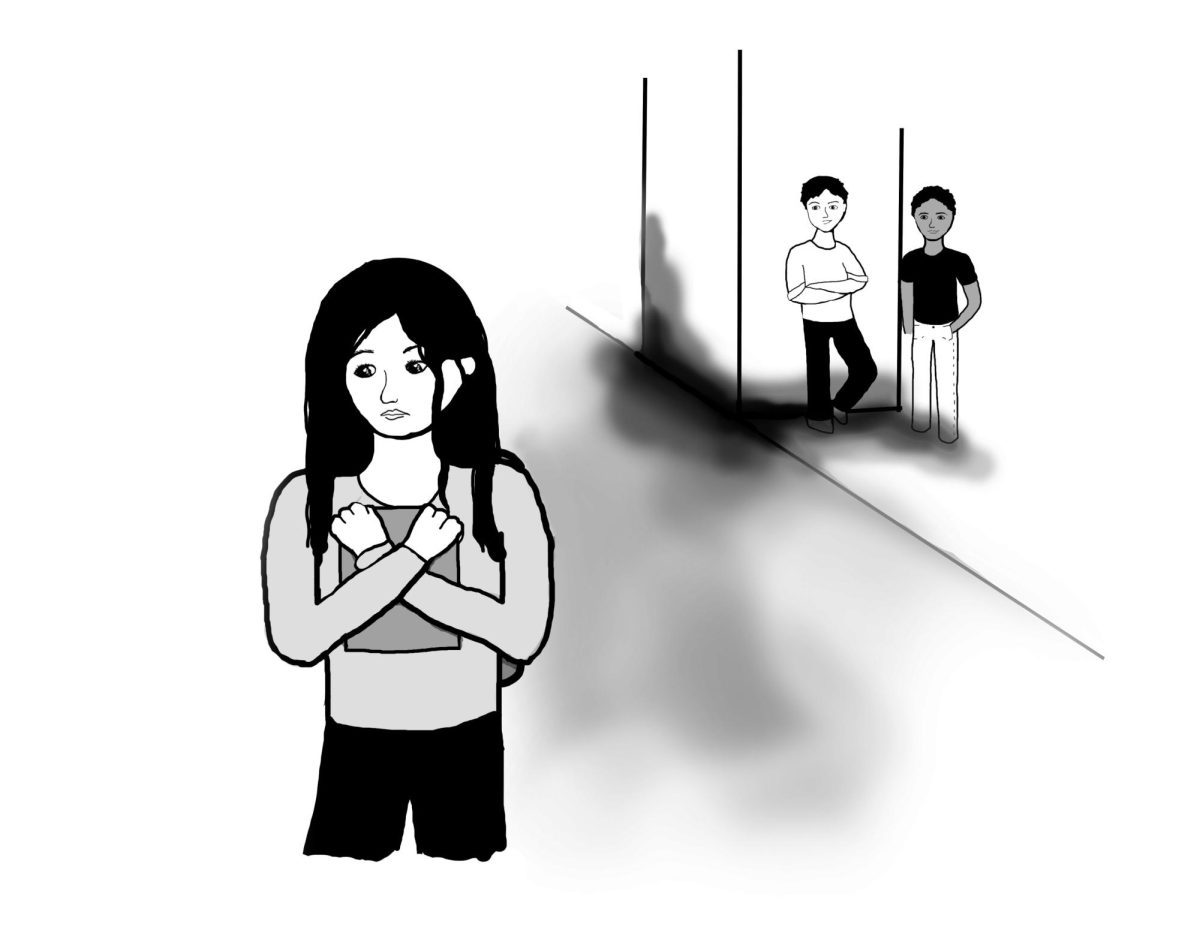At the most recent Board of Trustees Academic Affairs Committee meeting, there was an open discussion of Whitman’s
purpose and how to fulfill that purpose. There is not currently a general agreement about the future academic philosophy of the college, or how much influence students should have over it. According to the minutes of the meeting, the future of the college’s academic philosophy involves the implementation of increasingly interdisciplinary, cross-cultural perspectives.
The student representative on that committee, senior ASWC senator Will Canine, is frustrated by what he perceives as a lack of student involvement in such academic decisions.
“The faculty has a very complicated governance structure that involves a chair and tons of committee and various oversight and policy-determining bodies,” said Canine. “And many of the faculty see it as their 100-percent right to control all decisions involving the academic program at Whitman.”
Andrea Valenzuela, assistant professor of foreign languages and literatures––Spanish, stressed the voice students have regarding Whitman’s academic philosophy.
“My voice probably . . . has as much weight as [that of] the student body,” she said.
Regardless of differences in the perceived influence of students voices, according to Article V, Section 2 of the Constitution of the College, the faculty does have the power to arrange the courses of study and make academic decisions independent of student concern.
In Canine’s view, the current discussion surrounding the development of Whitman’s academic philosophy does nothing to alleviate the fact that students don’t have a voice in academic programming.
A three-year ASWC senator, Canine feels that Whitman discourages students from offering their perspectives on academic issues. He cited as an example the letter sent by ASWC to the faculty directly before they decided to switch to a 3-2 class schedule.
“We got professors sending us e-mails saying, ‘We are disappointed that you as students have seen fit to try and meddle’ . . . The faculty told me I was butting in. Faculty told me I don’t have a right to talk about academic issues because they’re not a student issue.”
Bill Bogard, professor of sociology and division chair of social sciences and education, believes that though communication between students and faculty could be improved, faculty control over academic decisions is necessary.
“I agree that students might be better informed about the process . . . but I also strongly support the long tradition of faculty control over curricular matters. It has served Whitman well and is responsible for the quality of education
here,” he said.
First-year Olivia Nielson also agrees that it should be in the power of the faculty to make decisions about academic
structure and programs, but believes students’ opinions should be taken into account.
“I feel like if a student has a problem they can go talk to a teacher about it, and they would be open to suggestion,” she said.
Canine said that the majority of the faculty are great at listening to student concerns, but a small minority have been unpleasant regarding student involvement.
“Faculty are the experts, and they should absolutely be determining curriculum and they should absolutely have discussions about what an American education means, because they are the ones qualified to have them,” he said. “However, they cannot take away opportunities for an education that Whitman has been offering without talking to students.”
Bogard does not see himself or his colleagues in this way.
“I don’t think that in this process faculty members see themselves entirely in the narrow role of ‘experts,’ but as professionals dedicated to teaching and acting in the interests of their students,” he said.
Valenzuela believes the faculty does act in the best interest of students by listening to their concerns. She said while
students have a voice, that does not mean they have ultimate control over some decisions, such as the decision to move to a 3-2 schedule.
“Students do have a voice in this: they absolutely do have a voice,” said Valenzuela. “I mean, the fact that what students
expressed. . . was not the end result of that 3-2 vote does not mean it wasn’t taken into account. It was very seriously taken into account.”
She cited as evidence for such consideration the ASWC letter Canine mentioned, noting that the faculty listserv “went crazy” with discussion of its contents.
According to ASWC President Nadim Damluji, these discussions have been helpful in establishing a precedent for dialogue between students and faculty.
“The result of [the letter] has been really productive conversations that will hopefully include ASWC in the future,” he said.
Recognizing that there is great progress to be made, Bogard hopes that students can see the faculty’s decisions as made in their best interest.
“Despite flaws in the process and the need for better communication, I hope students can see this as a move that benefits them, too,” he said.









